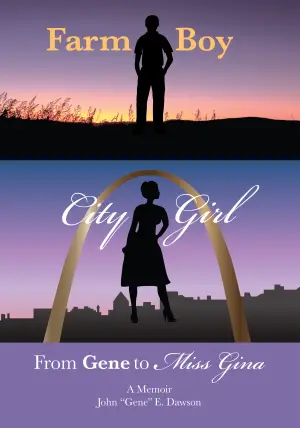
17 Jul Unlocking Creativity: A Dive into ‘100 Writing Prompts for Poetry’
Unleashing Your Inner Poet: A Journey with 100 Writing Prompts for Poetry
As someone who has danced with words for years, I was instantly intrigued when I discovered 100 Writing Prompts for Poetry: Guided Poem Writing Notebook Journal with Prompts. In a world brimming with distractions and the occasional creative block, finding a companion that inspires and propels you forward is essential. This journal, curated by the creative minds at Supernova Publishing, promises to awaken that dormant poetic spark within—an invitation I couldn’t resist!
When I first flipped through its pages, I was greeted not just by prompts, but by a treasure trove of inspiration. Each prompt feels like a gentle nudge to explore emotions and experiences that might otherwise remain tucked away. For example, one moment you could be exploring the quiet beauty of a rainy day, and the next, diving deep into the complexities of human relationships. It’s a unique blend of whimsy and meaningful reflection that truly resonated with me. I found myself scribbling details from the mundane—like how the sunlight dances on my desk—and transforming them into verse.
The format of the journal is generously spacious, inviting you to spill your thoughts without constraint. Each page is designed not just to guide, but to liberate. Whether you’re an aspiring poet or someone looking to rediscover your voice, the ample writing space and the visually appealing layout make it an aesthetic joy to use. It fits comfortably in my bag, ready to accompanied me on my daily commute, making poetry a delightful part of my routine.
What truly stands out, however, is the remarkable diversity of prompts and how they can cater to various writing styles. From introspection to playful imagery, each prompt serves as a portal to new discoveries about oneself and the world. I particularly remember a prompt that asked me to write about my favorite sound. It took me back to late-night conversations with friends around a campfire, the crackling of the flames weaving in and out of our laughter. Moments like these became vivid in my poems, anchoring my writing in real, tangible feelings.
While I appreciate the structured prompts, I also love how this journal encourages flexibility. It allows room for deviation—after all, some of the best poetry often comes from unexpected places. The friendly tone of the book feels like having a supportive writing buddy by your side, urging you to keep going even on days when creativity feels elusive.
In conclusion, 100 Writing Prompts for Poetry is a wonderful companion for anyone who has ever found themselves staring at a blank page or struggling to articulate their thoughts. It holds immense value for seasoned poets and newbies alike, encouraging vulnerability and creativity. If you’re looking for a space to explore your thoughts and feelings, or simply wanting to reignite your love for poetry, I highly recommend giving this journal a whirl. My own poetic journey has become richer and more introspective thanks to this gem, and I truly believe yours could be too!









